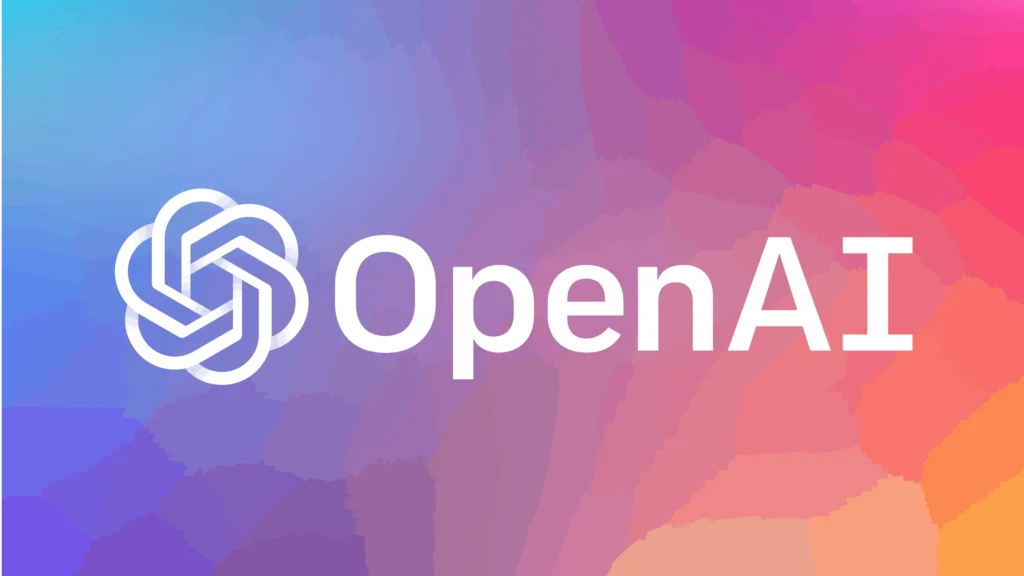ChatGPT creator OpenAI announced it would establish a team to manage the risks associated with superintelligent AI systems.

OpenAI announced on its blog on July 5 that a new team will be formed to “steer and control AI systems that are much smarter than us.
The non-profit believes that superintelligence will be “the most impactful technology humanity has ever invented” and will aid in resolving numerous issues, albeit not without risk.
“The vast power of superintelligence could also be very dangerous, and could lead to the disempowerment of humanity or even human extinction.”
According to the company, superintelligence could appear in this decade.
It stated that it would allocate 20% of the compute capacity already secured to the project and intends to develop a “human-level” automated alignment researcher.
In principle, the automated researcher would assist the team in managing superintelligence safety and aligning it with “human intent.”
It appointed its chief scientist, Ilya Sutskever, and the head of alignment for its research center, Jan Leike, as co-leaders of the initiative. It invited researchers and technologists in machine learning to join the team.
OpenAI’s announcement comes at a time when governments around the globe are contemplating measures to regulate the development, deployment, and use of artificial intelligence systems.
European Union regulators have made the most progress with AI regulations. The European Parliament enacted the EU AI Act on June 14, making it mandatory for AI-generated content to be disclosed by tools like ChatGPT, among other measures.
Before the bill can be implemented, additional discussion is necessary. Despite this, it prompted outrage among AI developers over its potential impact on innovation.
Sam Altman, the chief executive officer of OpenAI, traveled to Brussels in May to discuss the potential adverse effects of excessive regulation with EU regulators.
In addition, lawmakers in the United States have introduced the National AI Commission Act to establish an authority that will determine the nation’s AI strategy. U.S. regulators have also been vocal about their desire to regulate the technology.
Senator Michael Bennet composed a letter to major tech companies, including OpenAI, on June 30 urging them to label content generated by artificial intelligence.
